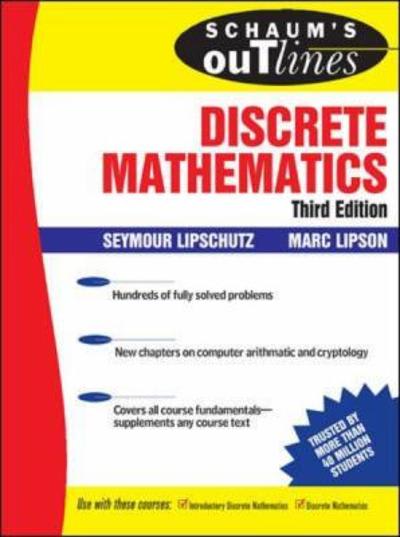Question
1. Write the null and alternative hypotheses for each of the following examples. Determine if each is a case of a two-tail, an upper-tail, or
1. Write the null and alternative hypotheses for each of the following examples. Determine if each is a case of a two-tail, an upper-tail, or a lower-tail test.
a)To test if the mean number of hours spent working per week by college students who hold jobs is different from 20 hours.
b)To test whether or not a bank's ATM is out of service for an average of more than 10 hours per month.
c)To test if the mean length of experience of airport security guards is different from 3 years.
d)To test if the mean credit card debt of college seniors is less than $1000.
e)To test if the mean time a customer has to wait on the phone to speak to a representative of a mail-order company about unsatisfactory service is more than 12 minutes.
2. A study claims that all adults spend an average of 14 hours or more on chores during a weekend. A researcher wanted to check if this claim is true. A random sample of 200 adults taken by this researcher showed that these adults spend an average of 14.45 hours on chores during a weekend. The population standard deviation is known to be 3.0 hours.
a)Find the p-value for the hypothesis test with the alternative hypothesis that all adults spend more than 14 hours on chores during a weekend. Interpret the meaning of p-value.
b)Find the critical value at = 0.1 and the critical value at = 0.05. Interpret the meaning of .
c)Will you reject the null hypothesis at = 0.1? What about at = 0.05? Use both p-value approach and critical value approach. What are your conclusions?
3. A random sample of 14 observations taken from a population that is normally distributed produced a sample mean of 212.37 and a standard deviation of 16.35. Using the table in Appendix E3, find the critical and observed values of t for each of the following tests of hypotheses, using = 0.1.
a)H0: = 205 versus H1: 205
b)H0: 205 versus H1: > 205
4. A cellphone provider wants to determine the proportion of subscribers who would upgrade to a new cellphone with improved features if it were made available at a substantially reduced cost. Data are collected from a random sample of 500 subscribers. The results indicate that 135 of the subscribers would upgrade to a new cellphone at a reduced cost. At the 0.05 level of significance, is there evidence that more than 20% of the customers would upgrade to a new cellphone at a reduced cost?
Step by Step Solution
There are 3 Steps involved in it
Step: 1

Get Instant Access to Expert-Tailored Solutions
See step-by-step solutions with expert insights and AI powered tools for academic success
Step: 2

Step: 3

Ace Your Homework with AI
Get the answers you need in no time with our AI-driven, step-by-step assistance
Get Started


